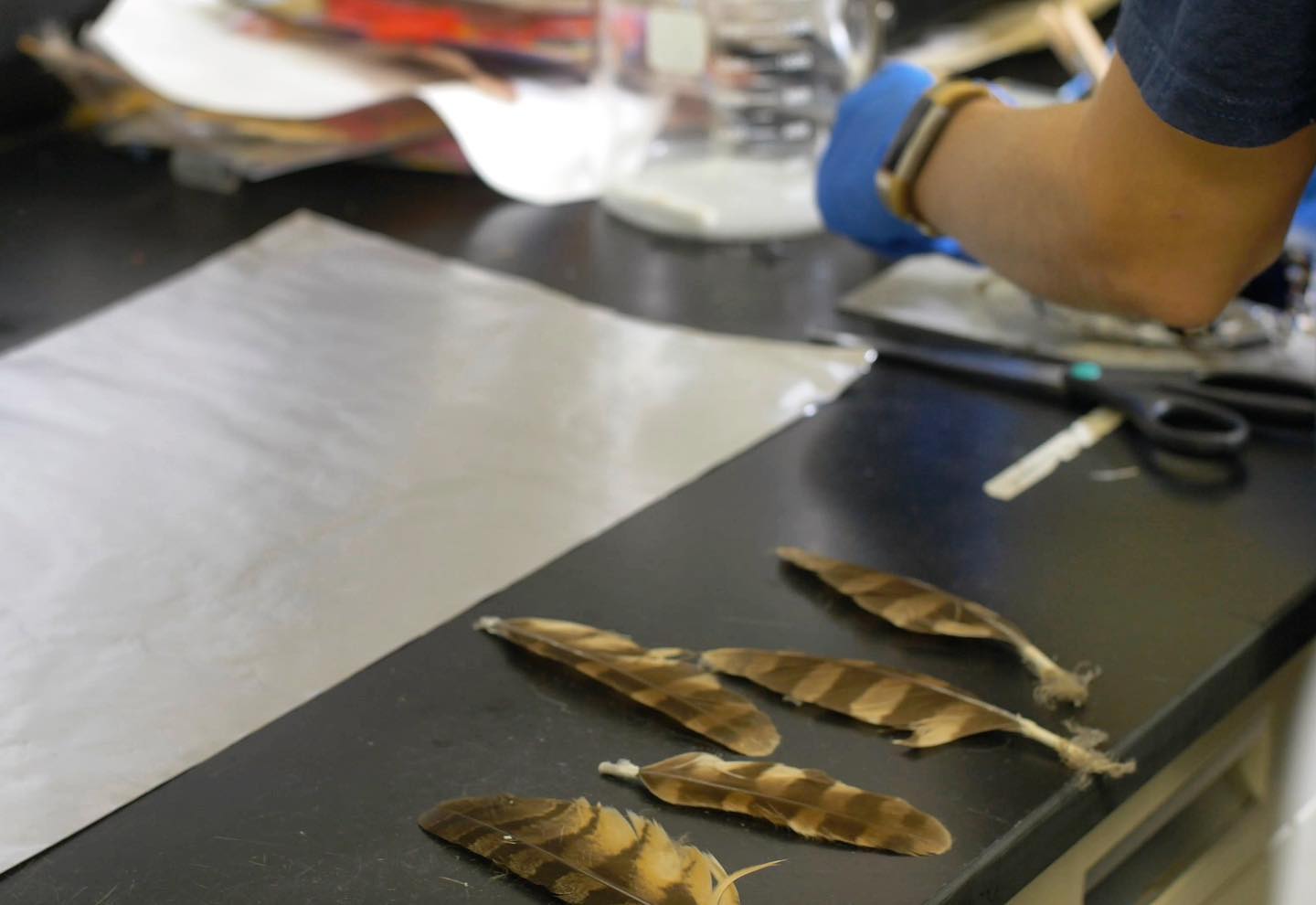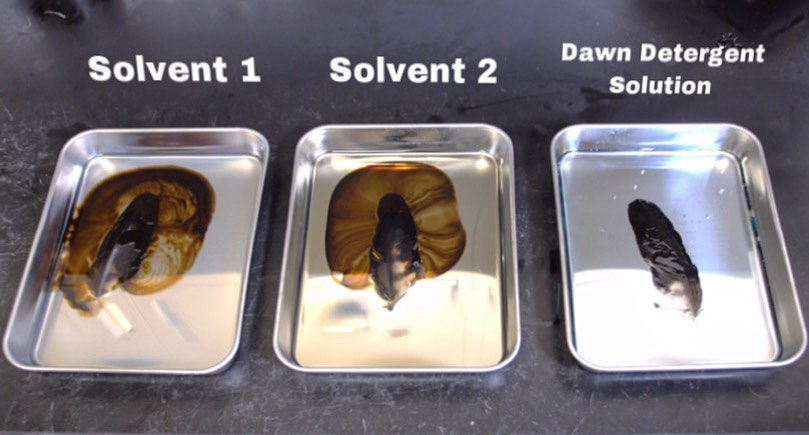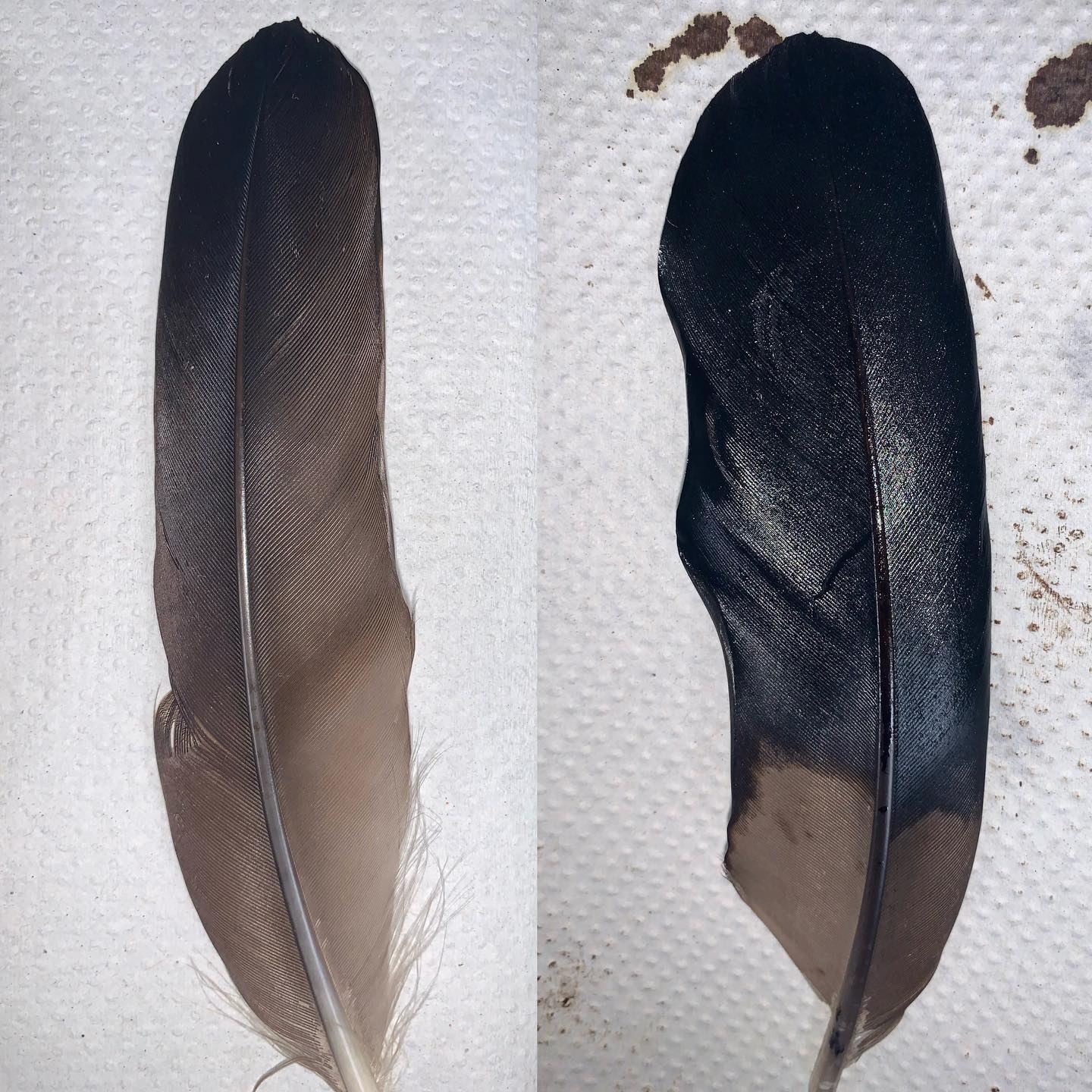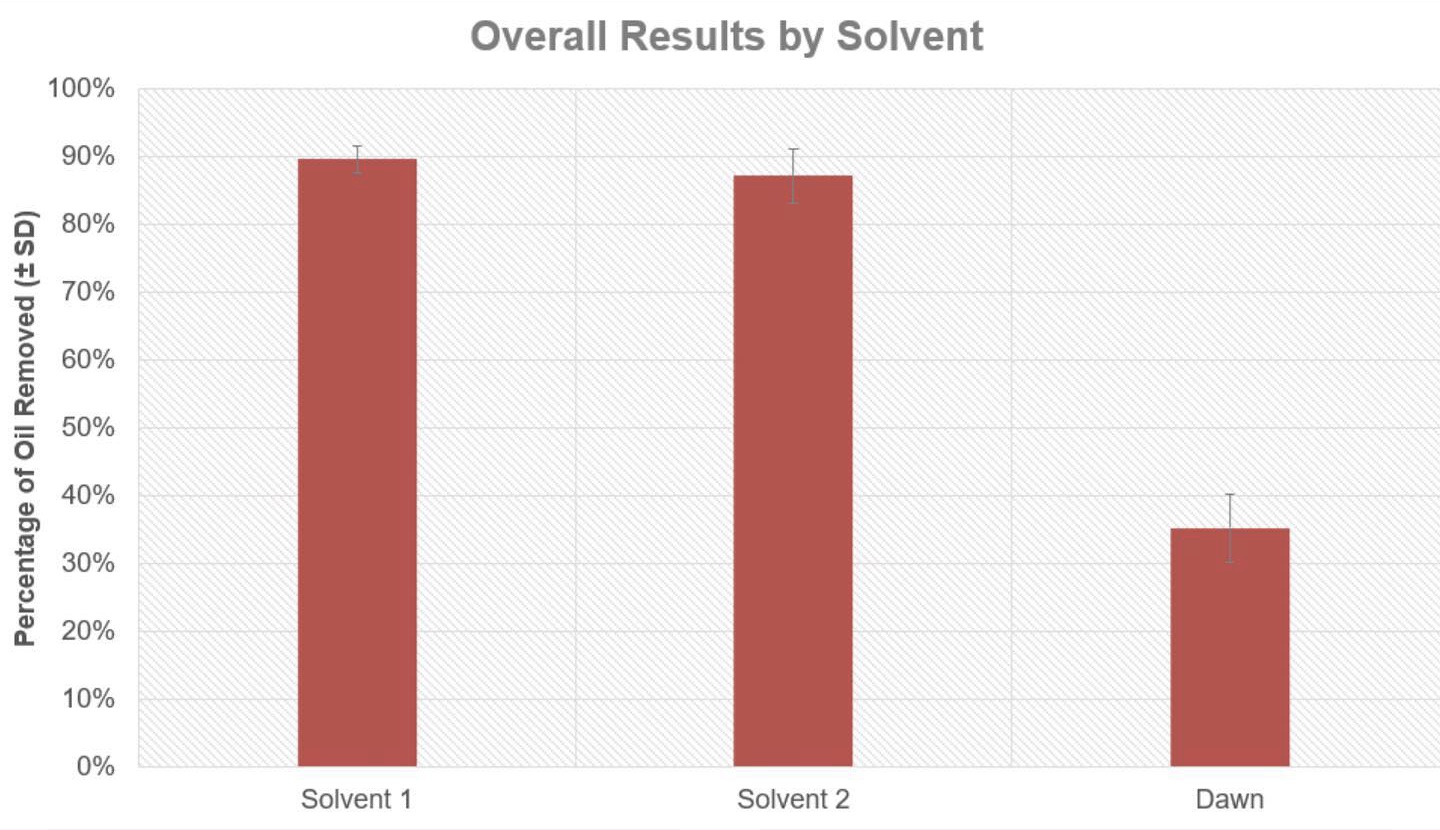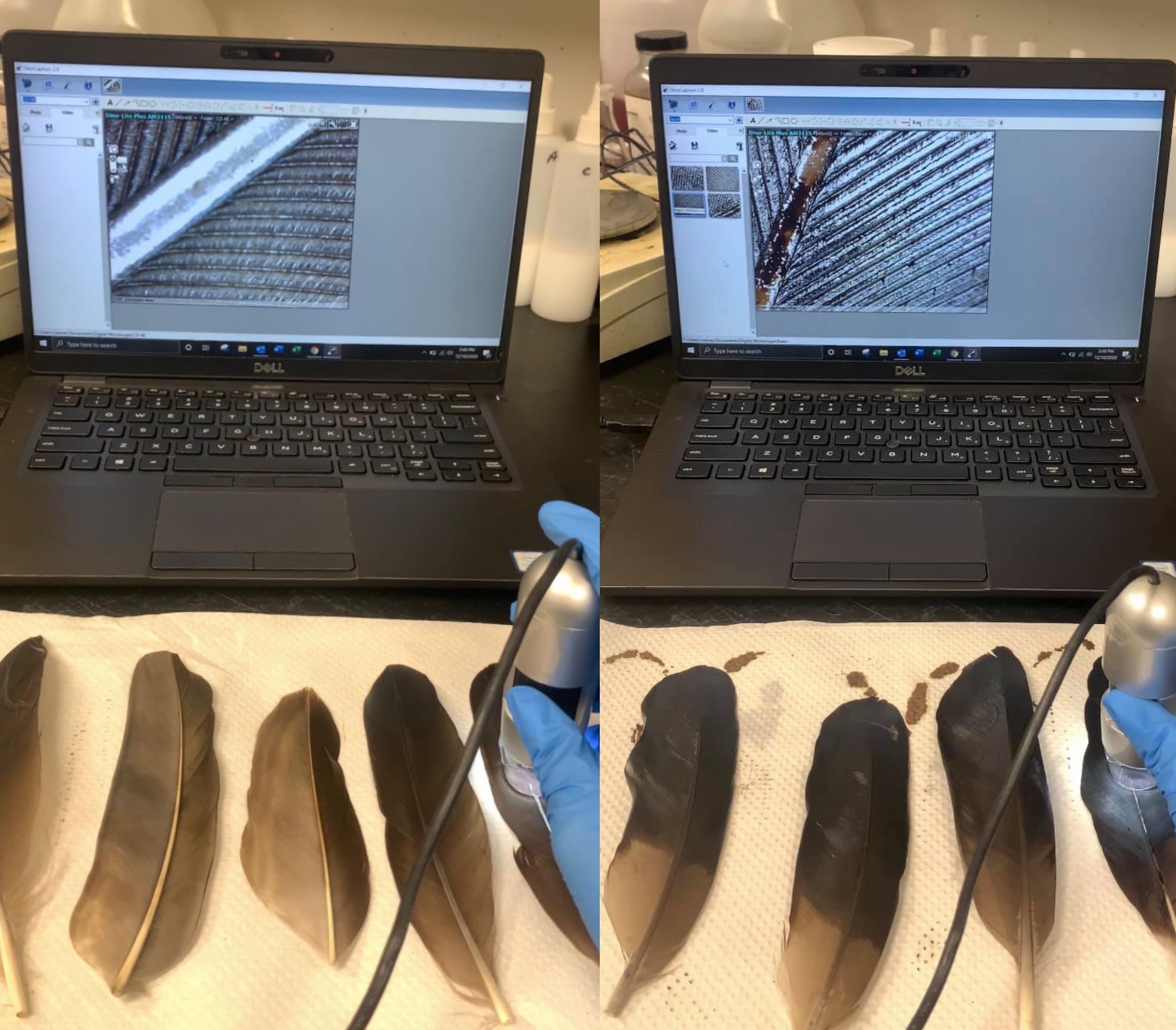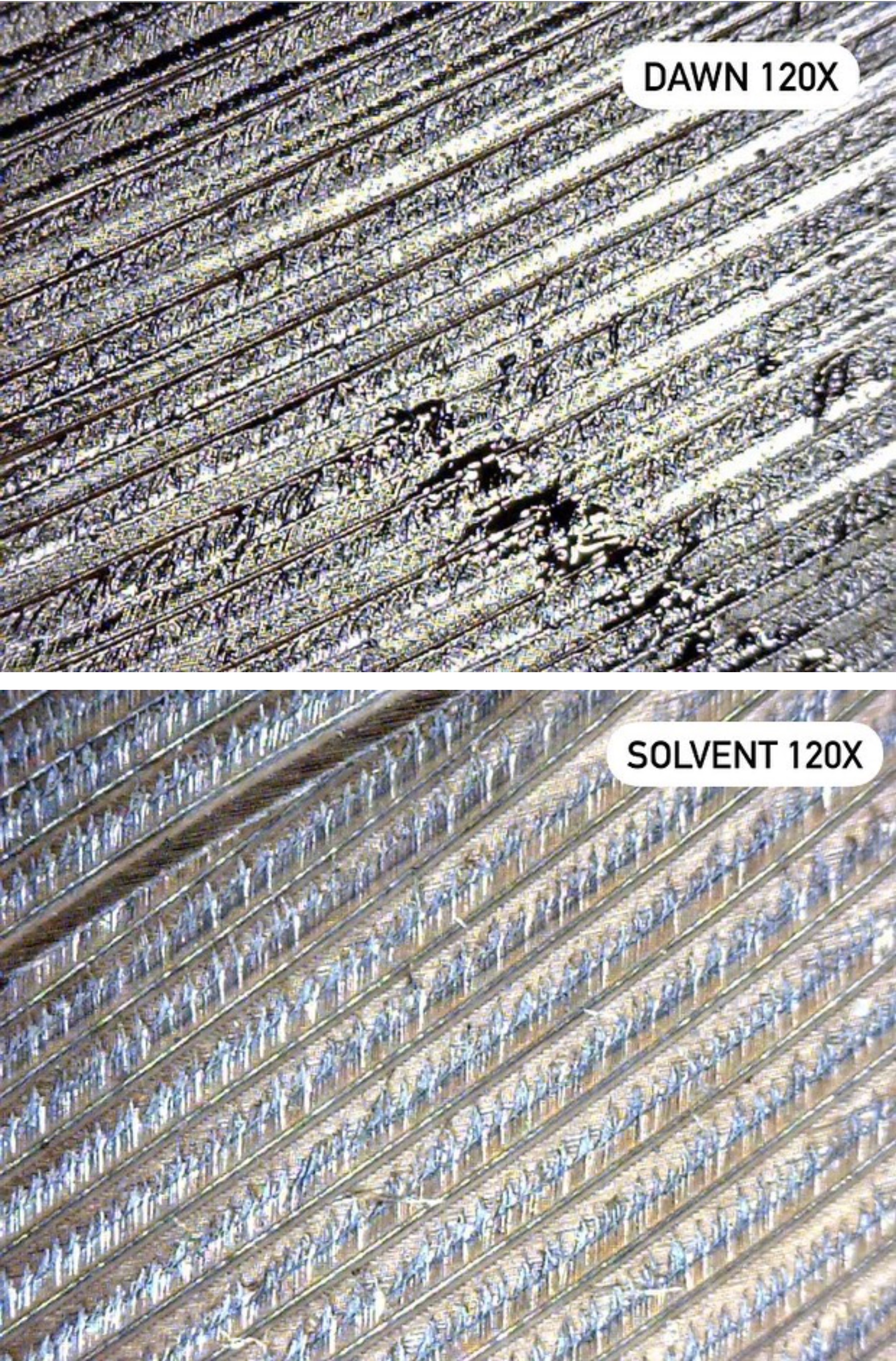
- Good Stuff -
- 3mins -
- 1,242 views
Student creates non-toxic solvent to remove 90% of crude-oil from wildlife victims of oil spills
A chemical engineering student has developed two synthesised solvents that not only outperform the current leading product — these are VOC-free, recyclable, biodegradable, non-toxic and water soluble — therefore kinder to wildlife and to the environment.
CSCC’s mission is to research new and innovative methods for oil spill response
Raegan Reeves founded the Crude Spill Cleaning Co (@crudespillcleaningco), a company that develops a VOC-free, recyclable, biodegradable, non-toxic and water-soluble solvent that helps remove up to 90% of oil from feathers. She has already developed two different chemical solvents to clean oil from feathers in a way that is “much faster, more efficient, and easier on the wildlife". Raegan believes this innovation could easily reshape the future of oil-spill response and in turn, greatly improve wildlife survival rates.
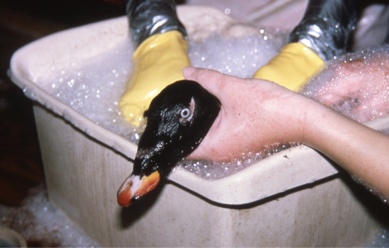
Mitigating manmade environmental disasters is necessary for the future of our world as a whole
The Crude Spill Cleaning Co. (CSCC) began as a research project by Raegan Reeves, a chemical engineering student at North Carolina State University. Together with Dr. Robert Troxler, they have now transitioned from a small scale research project to the Crude Spill Cleaning Company, in hopes of procuring funding and continuing to explore ways of improving outcomes for wildlife affected by oil spills.
The CSCC is dedicated to researching and developing new and innovative methods of environmental cleanup. Mitigating such manmade environmental disasters as oil spills is not only an important cause, but a necessary one for the future of our world as a whole.
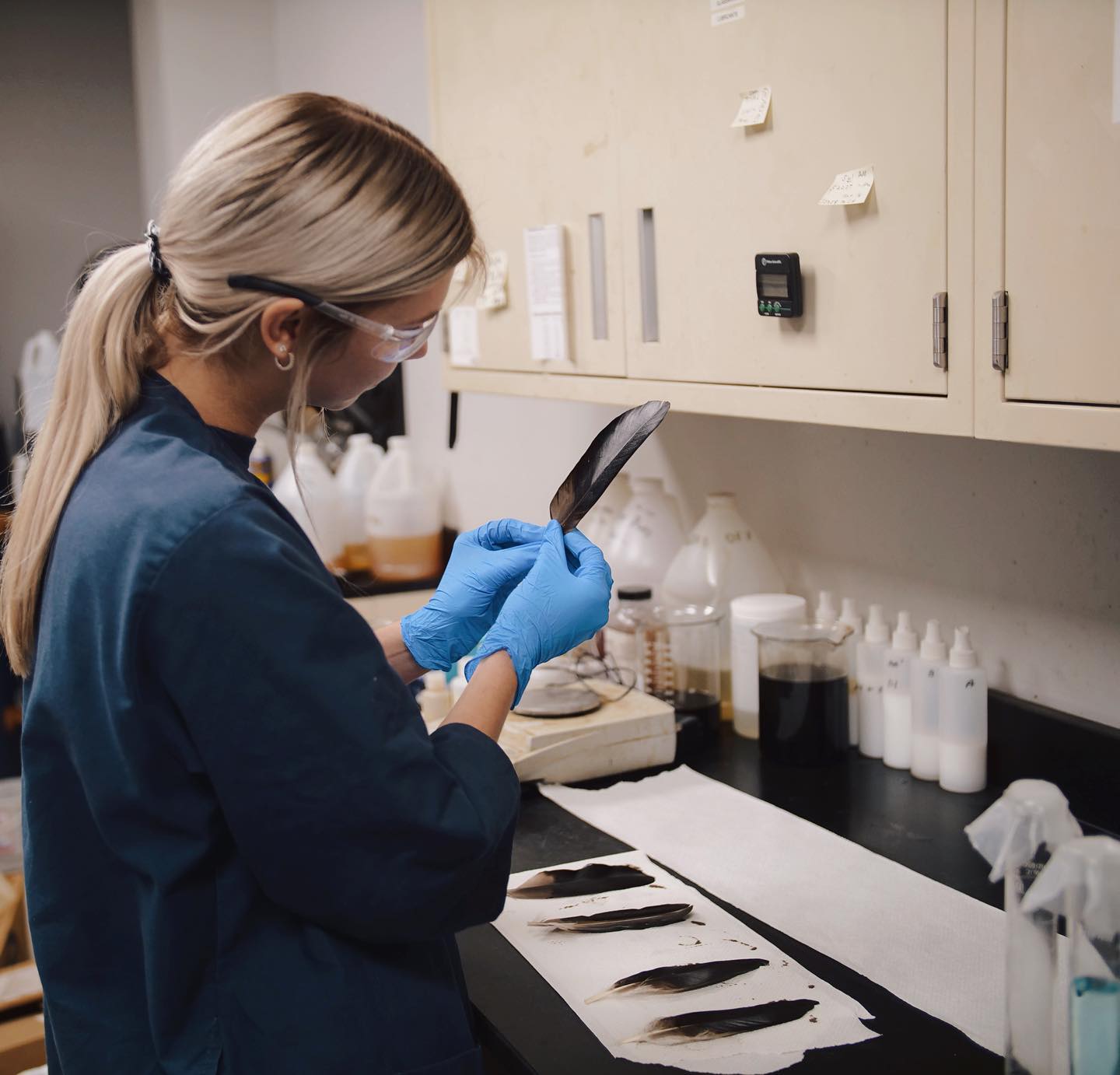
The Solvents
The CSCC has developed two synthesized solvents that outperform the current leading product, Dawn® dish detergent, in all of their experimental trials.
CSCC‘s solvent is able to remove 85-90% of oil from feathers, whereas dish detergent only removes around 35%.
Dish detergent is typically formulated with some VOCs (volatile organic compounds) and a small percentage of petroleum, whereas CSCC’s solvent is more environmentally friendly as it is VOC free, recyclable, biodegradable, non-toxic and water soluble.
